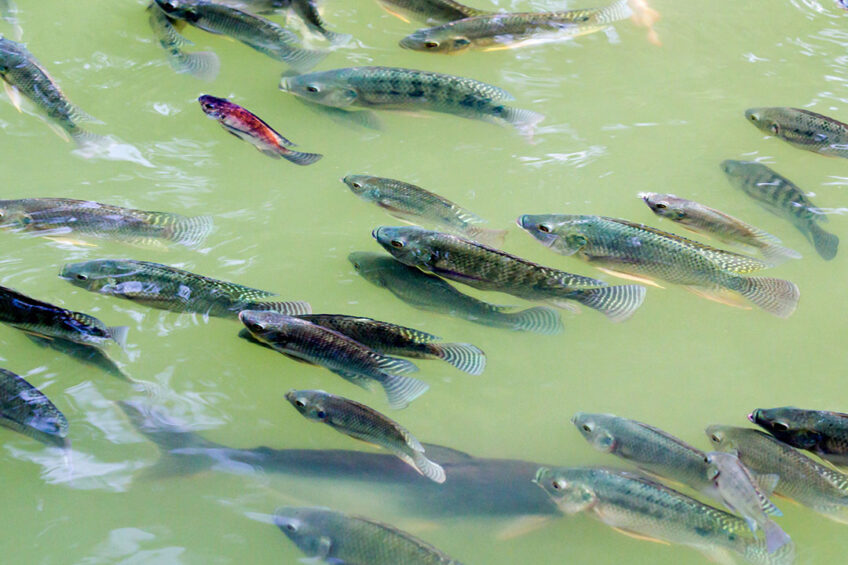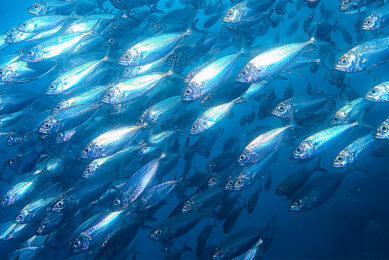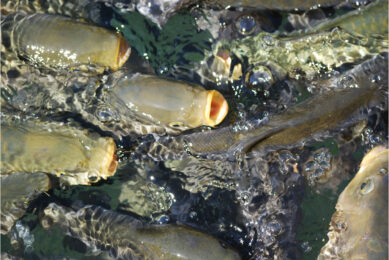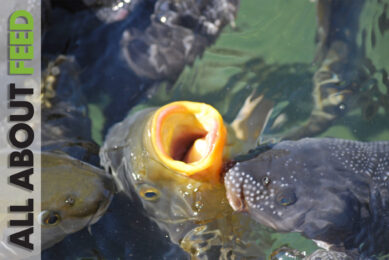Russian aquaculture demands a ban on fish meal export

Russian fish farmers association Rosrybkhoz has asked the government to impose restrictive barriers for fish meat and oil export, citing a raw material shortage in the domestic aquafeed industry.
A deficit of fish meal and oil on the domestic market prevents the Russian fish farming sector from getting off the import needle, Vasily Slushenko, chairman of Rosrybkhoz, warned. Russian farmers imported 125,986 tons of fish feed last year despite the import-replacement campaign in this field. Some Western companies, however, suspended sales to Russian customers, which makes the Russian fish farming sector nervous.
Aquacultural industry development plan
Under an aquacultural industry development plan, Russian production is scheduled to grow from 383,000 tons in 2022 to 420,000 tons in 2025 and 618,000 tons in 2030. This dynamic should be accompanied by a corresponding growth in fish feed production, but a raw material shortage makes beating that target challenging.
Lower fish meal prices in Russia
Russian fishing companies spoke against the idea of restricting fish meat export. Konstantin Drevetnyak, general director of the Union of Fisheries of the North, told local press that, in his opinion, fish farmers want to lower domestic price, though it was already far below the world’s average. He estimated that on the Russian market, fish meal is offered at 67 roubles per kg ($.065), compared to $1.5 on the global market.
This difference in price makes export more attractive than selling fishmeal to Russian customers, Drevetnyak said.
Export is vital for the industry
Russian production of fish meat and oil is steadily expanding, including the construction and commissioning of 25 coastal processing plants under state-run industry development programmes, German Zverev, president of the fish industry union VARPE, said. He admitted that the domestic supply remains limited but expressed confidence that export secured the profitability for the new projects, and the proposed restrictions could appear to be quite painful for the investors.
In 2023, Russia manufactured 161,400 tons of fish meat, 12% up compared with the previous year. Export totalled 130,000 tons, climbing by 32% against the last year. In monetary terms, sales to foreign customers jumped by 39% to $205 million.
On the other hand, some market players believe that Russia lacks capacities for the production of fish feed. Nearly a year since the sanctions were introduced, Russia has not established sufficient capacities in the fish feed segment, said Alexey Osintsev, president of the Russian fishing fleet owners’ association, adding that “the supplies are going to where there is a demand”.











